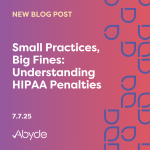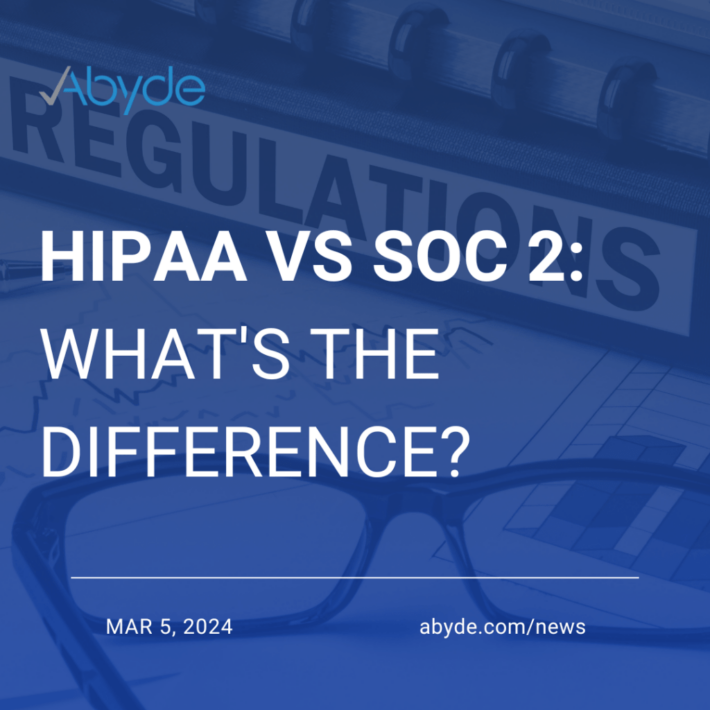August 27, 2021
It’s understandable for healthcare organizations to sometimes feel drowned by responsibilities. In addition to the ongoing balance of patient care and running a business that you’re already tasked with, having to add compliance into the mix can make for some especially muddy waters to tread. However, the compliance struggle is more than just having yet another thing added to your list. It is all of the complexity and confusion that surrounds it. And since the word “compliance” consists of many different legal, ethical and professional standards – it’s not always easy to decipher which items are a must-have to keep your practice afloat.
So when it comes to the responsibilities of your practice, though providing quality healthcare and protecting your patients is always a must, not all organizations have to follow the same requirements. Because of this, one question in particular that seems to leave practices scratching their head is, “Are we responsible for providing fraud, waste, and abuse training to employees?”
What is fraud, waste and abuse training?
If you are familiar with fraud, waste and abuse (FWA) you most likely understand the impact it has on the healthcare industry and why it’s so important to prevent. All employees within a healthcare organization should know what FWA is and how to avoid it, the same as they should know what HIPAA is and how to protect patient health information. However, while annual HIPAA training is a legal requirement with specific stipulations for compliance – the rules are a bit different when it comes to the education for FWA.
Previously, the Centers for Medicare and Medicaid Services (CMS) required both Medicare Part C (Medicare Advantage) and Part D (Prescription Drug Coverage) plans along with all participating healthcare organizations to meet the annual fraud, waste and abuse training requirement. Training was to be provided to all employees within the first 90-days of onboarding and on an annual basis thereafter. The goal being to clearly identify what fraud, waste and abuse is and ensure all health plan providers and their “downstream, related entities” (a.k.a. healthcare organizations like you) have the know-how to properly detect, correct, report and ultimately prevent instances of FWA.
Now if you’re already meeting HIPAA training requirements (fingers-crossed that you are) the stipulations for FWA training probably seem straightforward enough. However in typical government fashion, with legislation comes continual changes and as of January 1, 2019, the CMS officially updated the standard to only apply to Medicare service providers – not Medicaid – based on the feedback they received regarding the burden of the requirement.
But before all the non-Medicare providers who are currently reading go to click the “x” at the top of this page, there are other specific insurance plans that may require their covered entity providers to complete some type of healthcare fraud training. One thing to keep in mind is even if your organization doesn’t fall into these parameters, providing FWA education for all employees is certainly beneficial.
So in getting back to that commonly asked question – the requirements for offering fraud, waste and abuse training really just depend on the healthcare plan that your organization provides. Luckily, finding answers can be a simple process as most plans provide their specific standards for not only training but general FWA compliance online. Additionally, there is the CMS’s online resource that’s free to the public.
In summary, including fraud, waste and abuse education as a part of your staff compliance training doesn’t have to be complicated. And with the costly impact that FWA and noncompliance can have on your organization, providing this training (even if you aren’t required) can make all the difference in keeping your practice’s head above water and avoiding a violation or fine that could otherwise put you under.





